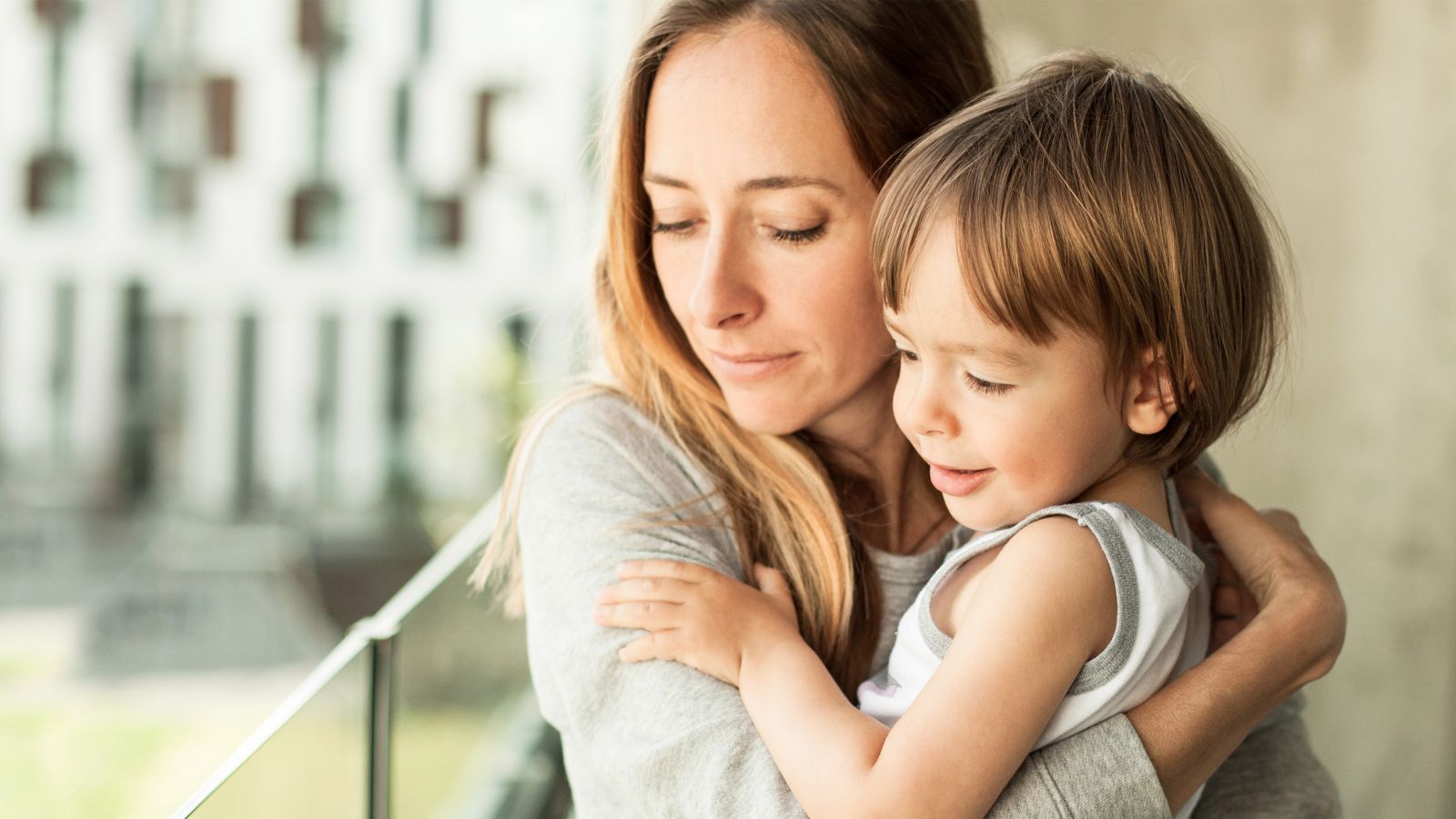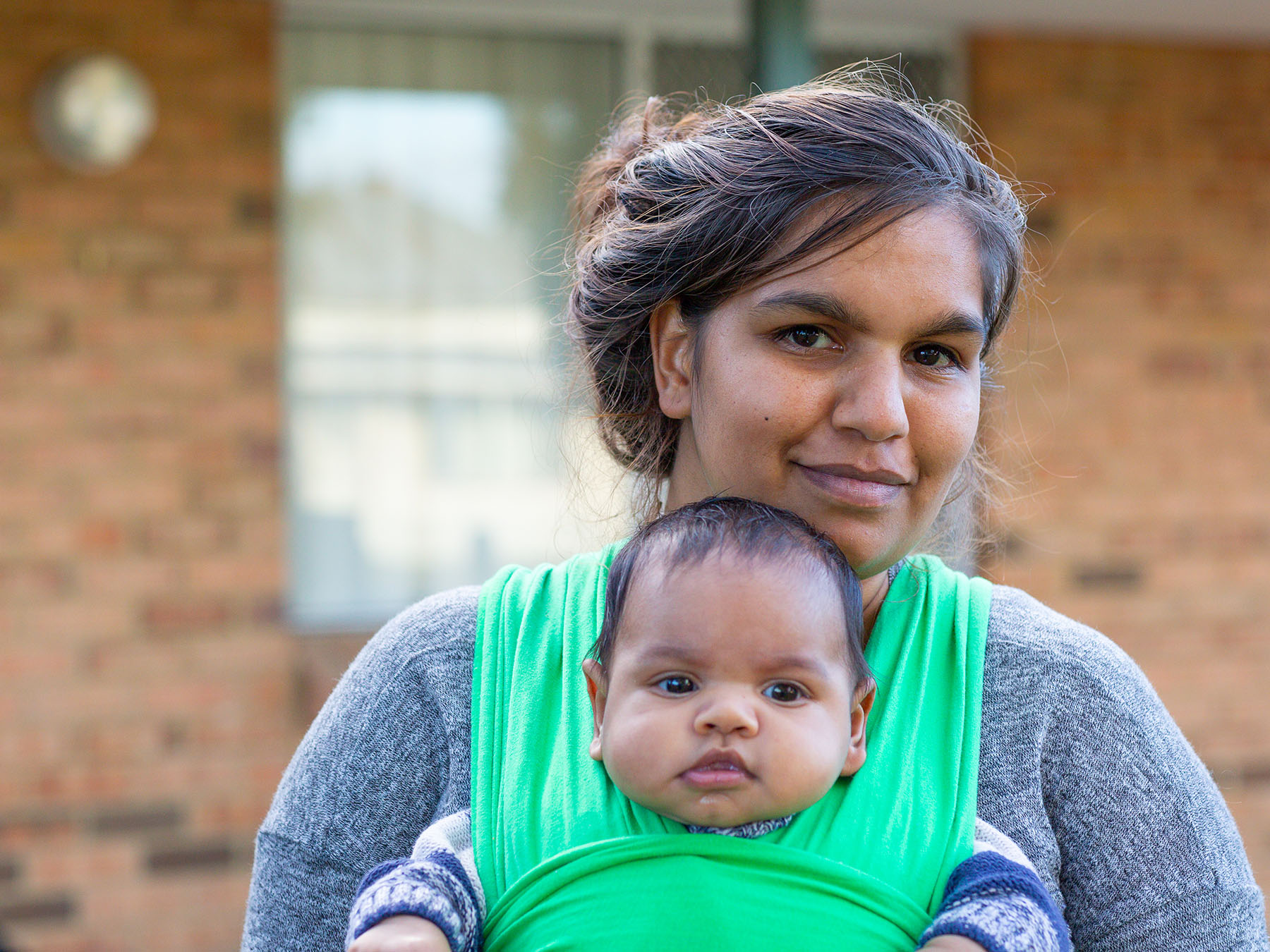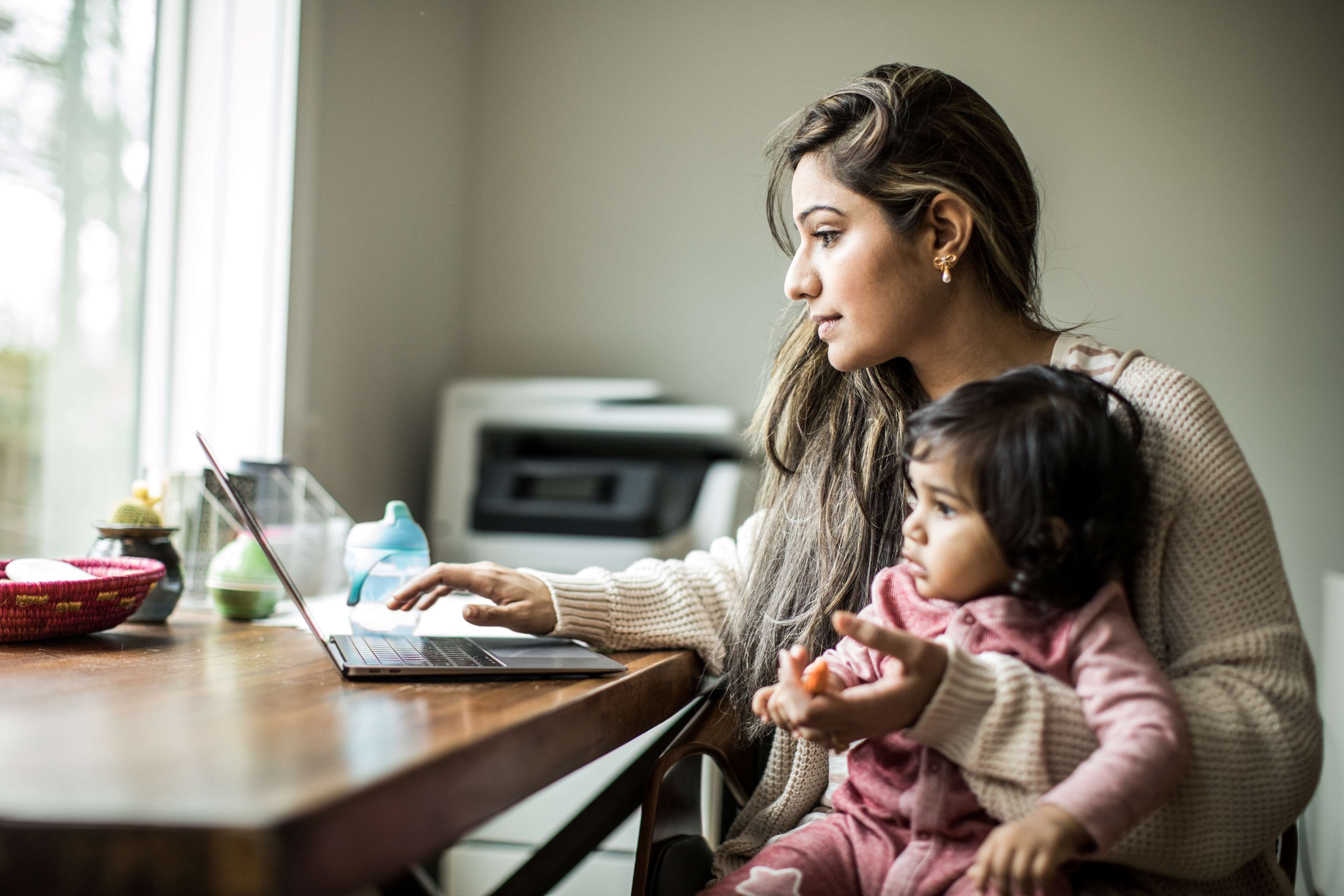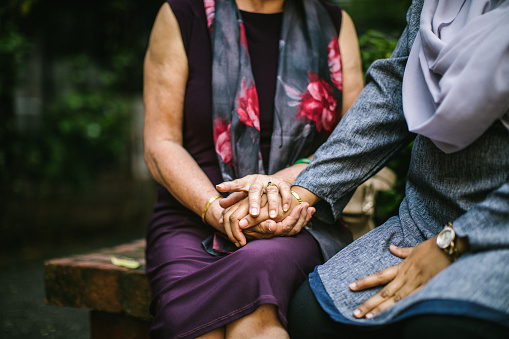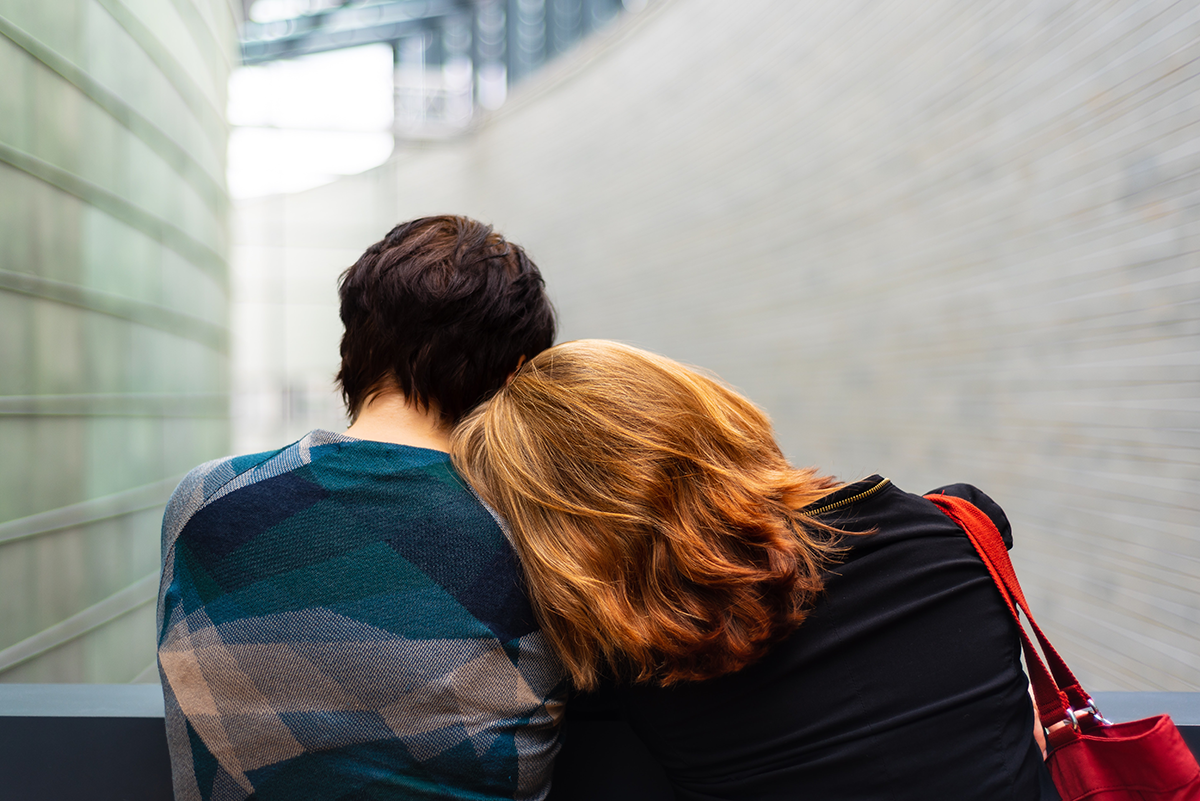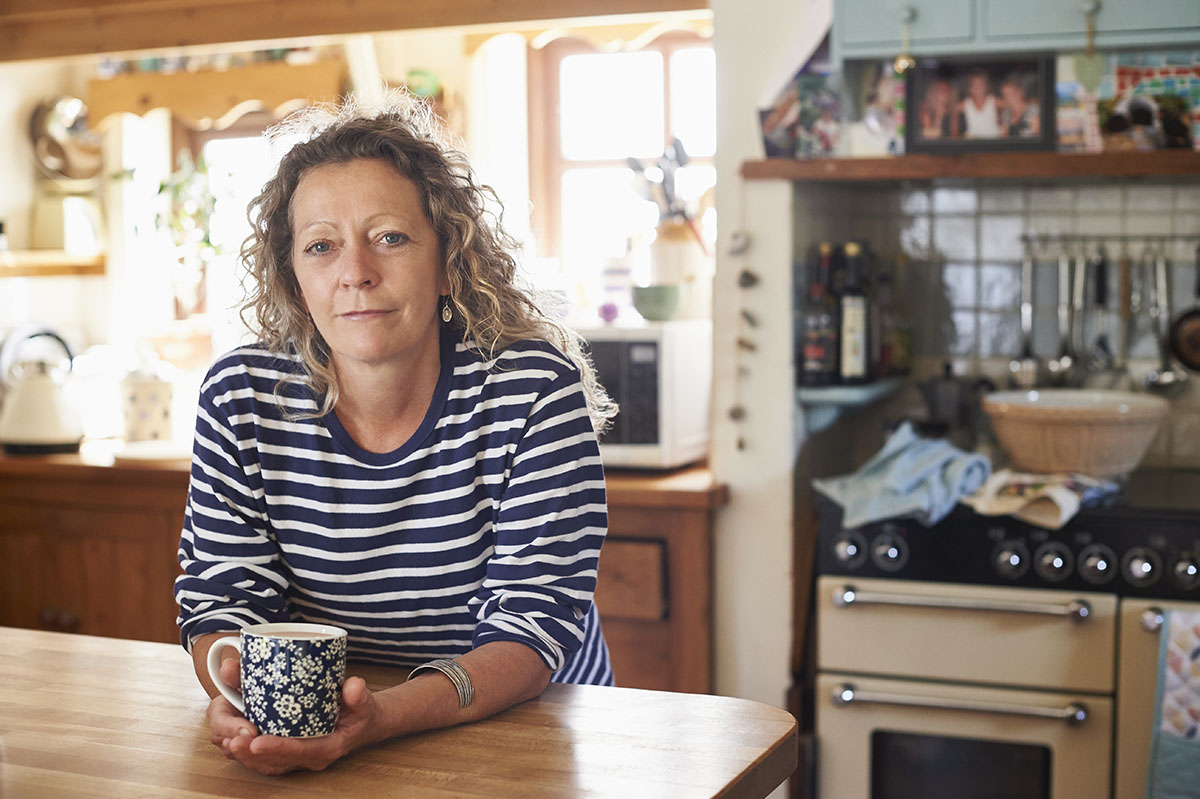We are still here for you during the COVID-19 crisisAustralia’s essential COVID-19 restrictions and policies have a dangerous impact on the frequency and severity of family violence incidents.There are no COVID-19 restrictions that prevent you from escaping a dangerous situation. Wherever you are, you can leave your house to escape family violence any time. You will not be fined! The Salvation Army is committed to keeping our family and domestic violence services accessible whilst addressing the COVID-19 restrictions. We are also advocating for increased funding and support to respond to the consequences of isolation policies in violent relationships. Please contact us if you need to. If secure and private digital communication is an issue, have a look at these tips first. https://www.esafety.gov.au/key-issues/covid-19/advice-women-domestic-violence If you are in Australia and you feel unsafe right now, or hear fighting, shouting or noises that sound like violence, call the police on Triple Zero (000) or contact 1800RESPECT (1800 737 732) |
Family and Domestic Violence
The Salvation Army provides a wide range of services around the country to support women and women with children impacted by domestic and family violence. We understand that experiencing family violence can be frightening and isolating. You don’t have to battle through alone, we offer domestic violence help through our refuges, children’s and parenting services, counselling, support, men’s programs, accommodation and advice to women and children who are experiencing, or who have experienced, family and domestic violence.
Our services focus on prevention, restoration and healing to provide specialised family violence support to families and individuals who are experiencing and recovering from violence, modern slavery and forced marriage.
If you or someone you know is experiencing domestic and family violence, help is available. Our family violence stream will help you address immediate safety issues and provide advice, referrals and connection to assist you on your recovery journey.
The Salvation Army is committed to providing domestic violence support and services that are inclusive to people of all genders, ages, people living with a disability, and those from LGBTIQ+ and CALD communities.
If you are facing violence in your home, feel threatened, or are at risk in any physical or emotional way, or if you know of someone who is, we are here for you.
What is family and domestic violence?
Family and domestic violence is a crime and comes in many forms – some less obvious than others – and can affect the whole family, including children. Domestic abuse is defined as violence committed against an intimate partner whereas family abuse is violence committed by a family member against another family member. The impact of family and domestic violence is far reaching and is the number one cause of homelessness for women and their children.
There are many ways in which violence may be perpetrated within the home but at its core is an attempt by one person to control another. Physical and sexual violence are the most obvious forms of abuse, but violence is also perpetrated through emotional abuse, coercive abuse, financial abuse and more. Any form of domestic and family violence is unacceptable and should be taken seriously and perpetrators must be held to account to prevent any further harm.
Forms of abuse
Family and domestic violence can be:
- Physical abuse
- Verbal abuse
- Sexual abuse
- Psychological and emotional abuse
- Economic abuse, including controlling access to money
- Stalking
- Controlling behaviours
- Technology-related abuse (e.g.sending abusive text messages, making constant threatening phone calls, social media stalking, etc.)
Signs of abuse
Does your intimate partner or family member:
- Make you feel afraid, unsafe or fearful?
- Put you down and tell you that “it’s all your fault”?
- Constantly check up on you or keep track of your whereabouts?
- Make you feel afraid to say “no” to them?
- Stop you having any access to money or keep track of your spending?
- Touch you or make you have sex when you don’t want to?
- Stop you from accessing professional support for your physical or mental health?
- Scare or hurt you by being physically violent towards you?
- Expose your children to verbal, physical, emotional abuse or controlling behaviours?
- Stop you from seeing your family or friends?
- Blame you for their violent behaviour?
Remember, you are never responsible for another person’s violence.
No one should have to live their lives in fear. We’re here to listen, talk about your options, and help support you and your family to take the next step. Even if you are unsure if you’re experiencing violence, talking about your situation can help.
If you identify with any of these signs and you want to discuss your options further, please see our Find help now page or learn more about family and domestic violence in Australia and how The Salvation Army can help.
Emergency contact numbersNational Domestic Violence and Sexual Assault Helpline (24 hours): 1800 737 732 (1800 Respect)Lifeline: 131 114Kids helpline: 1800 55 1800If you are concerned for the immediate safety of yourself or someone else, please call 000 for emergency assistance. |
